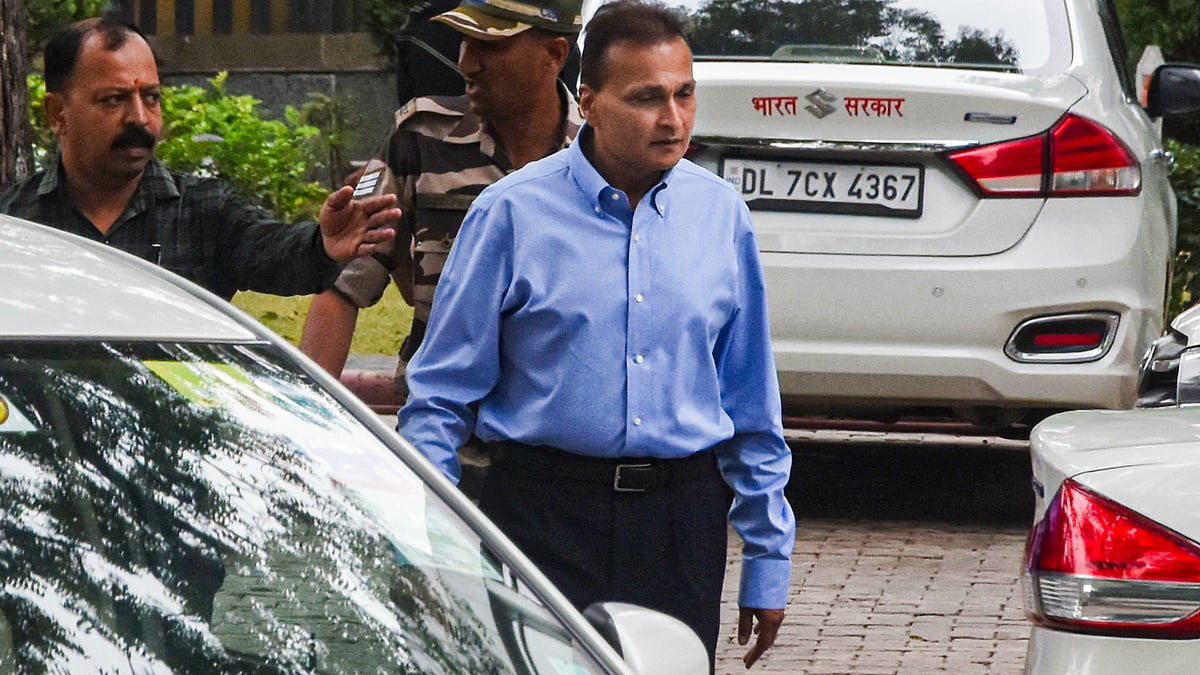Nation
Anil Ambani skips ED summons 2nd time in FEMA case, says ready to depose virtually
ED’s FEMA probe finds Rs 40 crore allegedly siphoned to Dubai, revealing Rs 600 crore hawala network

Reliance Group chairman Anil Ambani once again skipped a summons by the Enforcement Directorate (ED) on Monday, refusing to appear in person in a long-standing Foreign Exchange Management Act (FEMA) case that dates back over a decade.
Ambani reiterated his willingness to testify via “virtual appearance or recorded video”, an offer the agency had already rejected when he previously skipped the summons on 14 November. The fresh appearance was demanded by the ED, though it remains uncertain whether a third summons will be issued.
The investigation, tracing its roots to 2010, revolves around the Jaipur-Reengus highway project, an Engineering, Procurement, and Construction (EPC) contract awarded by Reliance Infrastructure Ltd. Sources reveal that the ED’s probe, part of broader civil proceedings under FEMA, had earlier unearthed an alleged trail of Rs 40 crore siphoned through Surat-based shell companies to Dubai, hinting at an international hawala network exceeding Rs 600 crore. These developments follow the agency’s recent attachment of Ambani’s assets worth Rs 7,500 crore under anti-money laundering laws.
Published: undefined
A spokesperson for Ambani stressed that the highway contract was purely domestic, with no foreign exchange component, and that the JR Toll Road has been fully completed and handed over to the National Highways Authority of India since 2021.
They added that Ambani, who served as a non-executive director from 2007 to 2022, was never involved in day-to-day management of Reliance Infrastructure, and was not a board member at the time of the alleged irregularities.
The ED has already recorded statements of multiple individuals, including those allegedly involved in hawala operations, as part of its probe. Ambani himself had been previously questioned in a separate money laundering case linked to an alleged Rs 17,000-crore bank fraud involving group companies.
As the saga unfolds, the spotlight remains firmly on Ambani, whose repeated refusal to appear in person underscores the complex interplay between high-stakes corporate governance, legacy projects, and the intricate web of financial investigations that span over a decade.
With PTI inputs
Published: undefined
Follow us on: Facebook, Twitter, Google News, Instagram
Join our official telegram channel (@nationalherald) and stay updated with the latest headlines
Published: undefined